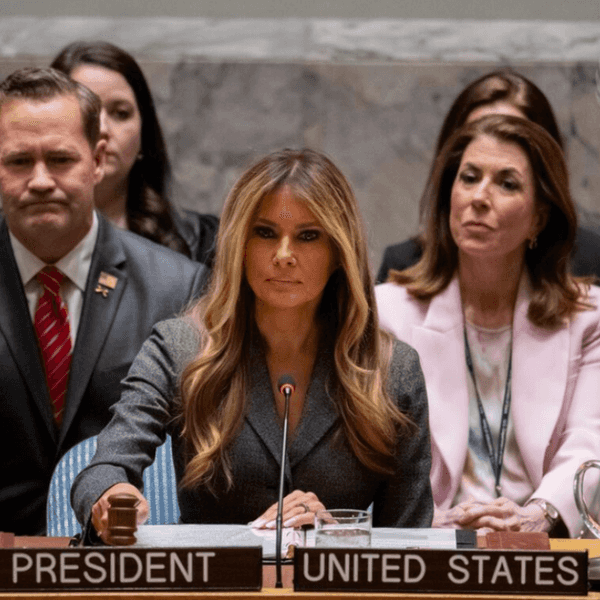Nusa Dua (Indonesia) (AFP) – U.S. Secretary of State John Kerry on Monday urged Iran to come up with new nuclear proposals, rebuffing Tehran’s position that the onus is now on foreign powers to unblock the long-running impasse.
Iran’s Foreign Minister Mohammad Javad Zarif said Sunday that the previous foreign offer, made by the “P5+1” group at two meetings in the Kazakh capital of Almaty before the June election of moderate President Hassan Rouhani, was no longer valid.
But Kerry, while welcoming recent overtures including a historic contact between Rouhani and US President Barack Obama, said the ball remained in Iran’s court.
“The group of six put a proposal on the table at Almaty and I don’t believe as of yet Iran has fully responded to that particular proposal. So I think we are waiting for the fullness of the Iranian difference in their approach now,” he told reporters in Indonesia after meeting Russian Foreign Minister Sergei Lavrov.
He added: “So what we need are a set of proposals from Iran that will fully disclose how they will show the world that their program is peaceful.”
Western powers and Israel have long accused Iran of seeking to develop nuclear bombs in the guise of a civilian program, charges Tehran has always vehemently denied.
The proposals made in Almaty required Iran to suspend uranium enrichment at the 20 percent level it says it needs for a medical research reactor, and to halt enrichment at its underground plant at Fordo near the central city of Qom.
EU foreign policy chief Catherine Ashton, who represents the six powers in the talks, said last month that she was still waiting for Iran’s response to those previous proposals.
But Zarif said that Rouhani’s election had changed the dynamic.
“The previous offer by the P5+1 is history and they should come to the negotiating table with a new approach,” the ISNA news agency quoted him as saying Sunday, while renewing his insistence that a deal could be reached to address the concerns of both sides.
A new round of talks is due in mid-October in Geneva between Iran and the P5+1, comprising the five UN Security Council permanent members — Britain, China, France, Russia and the United States — plus Germany.
They will be the first formal talks held since a phone conversation last month between Rouhani and Obama, the first direct contact between presidents of the two countries since Iran’s 1979 Islamic revolution.
“We are encouraged by the outreach,” Kerry said.
But he stressed Obama’s belief that “it’s not words that will make the difference. It is actions that will make the difference.”
“And we have made clear that if there are those indicators, the United States and our allies are absolutely prepared to move at an appropriate place to meet their actions. So we are still waiting to see where that comes out,” he continued.
Speaking to reporters alongside Kerry, Lavrov appeared to play down the significance of Zarif’s latest comments.
He said Iran and the world powers still had the same final goals, and that the leadership in Tehran “probably wanted more specifics” in the roadmap already laid out.
Iran’s supreme leader, Ali Khamenei, who has the final say on matters of state, has backed Rouhani’s overtures to the West but criticized some aspects of his visit to the United Nations headquarters.
“We support the diplomatic initiative of the government and attach importance to its activities in this trip,” he told military commanders and graduating cadets in remarks carried Saturday by his website, Khamenei.ir.
However, Khamenei added that “some of what happened in the New York trip was not appropriate… although we trust in our officials.”
While he did not elaborate, analysts said his criticism was directed at the 15-minute telephone call between Rouhani and Obama.
Rouhani won a first-round election victory after vowing to engage with the international community in order to lift crippling U.S.-led international sanctions.
Israel, which views Iran’s nuclear programme as an existential threat, insists that the sanctions not be relaxed.
Prime Minister Benjamin Netanyahu warned in a speech to the UN last week that Israel would act alone militarily if necessary to defend itself from Iran’s atomic drive.








